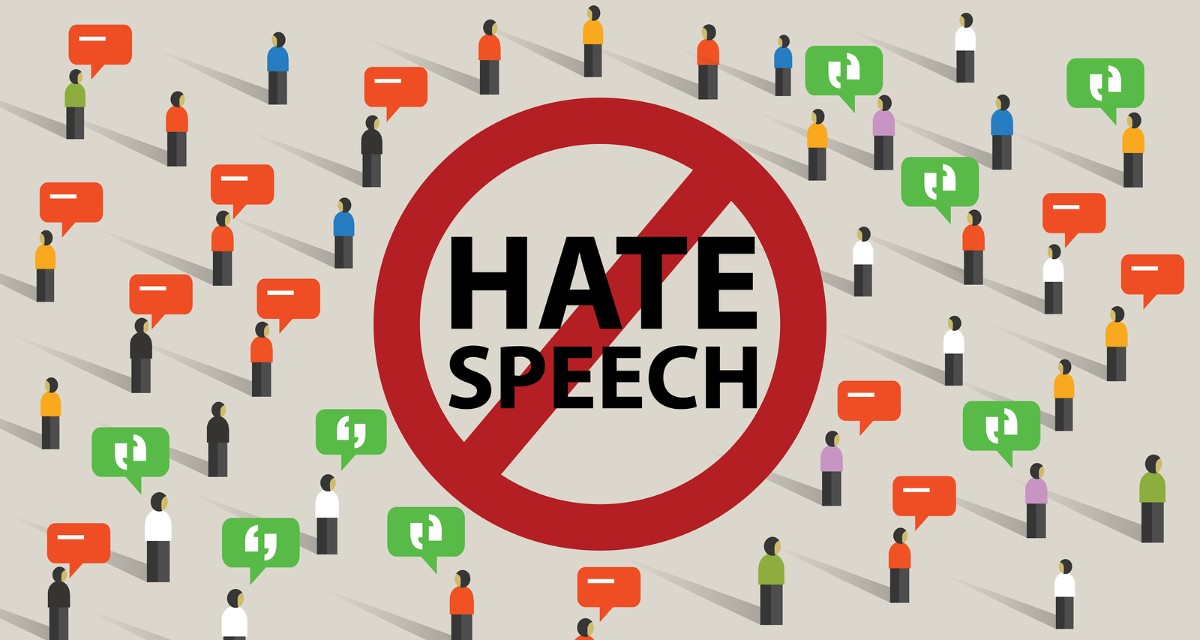
Doctors need to preach against hate
Hate speech leads to poor public health
Ideally, hate speech ought to be regulated to promote population health, according to an article in the Millbank Quarterly by three public health experts.
“The direct consequences of hate—including violence, discrimination, and marginalization of out-groups—are associated with poor health. Apart from the direct physical harm they inflict, hate-induced actions are associated with substantial mental illness effects. Racism and discrimination themselves produce negative health consequences, as does out-group marginalization, including Islamophobia.”
Unfortunately, they write, hate speech is constitutionally protected in the United States so there is no point in trying to ban it. They suggest four avenues which the medical profession can explore to decrease the impact of hate in the US.
“Recognize hate crimes as an assault on population health”
“Push back on hate.” Doctors should be moral leaders who are “visibly opposing an approach to governance that is fueled by sowing division and hate”.
“Play a role in disarming hate.” Doctors should use their influence to lobby for bans on the military-style assault rifles which have been used in recent atrocities.
“Speak to the need for scholarship to mitigate the consequences of hate.” Doctors should support “investment in research that specifically examines how hate shapes foundational social forces and what can be done to counter harmful, hate-driven beliefs and behaviors.”
The authors are supporting a 2017 statement of the American College of Physicians which acknowledged that hate crimes are a public health issue.
Other experts are also describing hate and bigotry as public health issues. In The Conversation last year, bioethicist Ronald W. Pies, of Tufts University, argued that hatred could be described as a disease:
Bigotry may not be a “disease” in the strict medical sense of that term, akin to conditions like AIDS, coronary artery disease or polio. Yet, like alcoholism and substance use disorders, bigotry lends itself to a “disease model.” Indeed, to call bigotry a kind of disease is to invoke more than a metaphor. It is to assert that bigotry and other forms of hatred are correlated with adverse health consequences; and that hatred and bigotry can spread rapidly via social media, podcasts and similar modes of dissemination.
Michael Cook is editor of BioEdge.
Creative commons
https://www.bioedge.org/images/2008images/FB_203810899_(1).jpg
hate
hate speech
public health
- How long can you put off seeing the doctor because of lockdowns? - December 3, 2021
- House of Lords debates assisted suicide—again - October 28, 2021
- Spanish government tries to restrict conscientious objection - October 28, 2021
